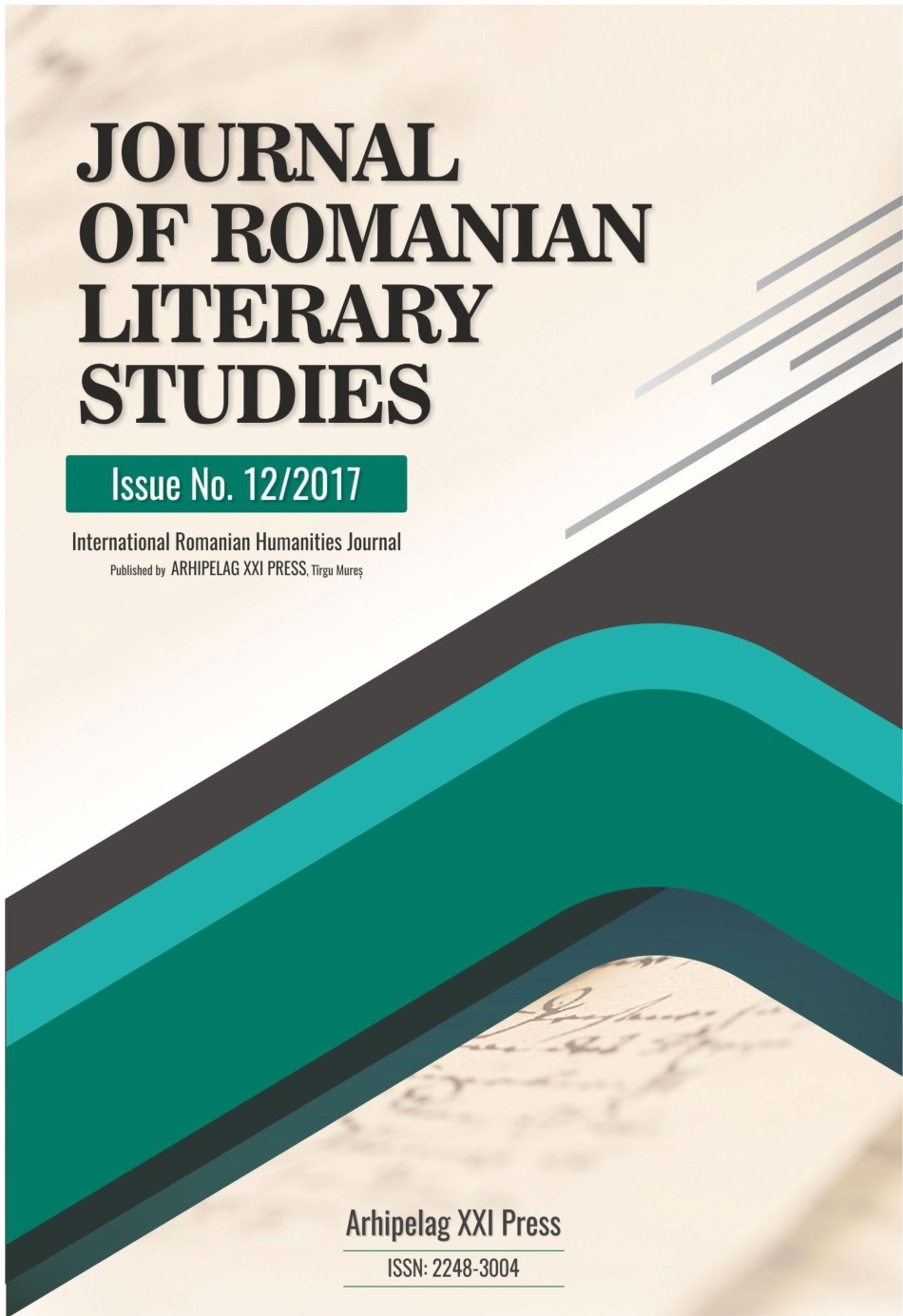USELESS? UNWANTED? A VIEW ON CHANGE IN NARRATIVE STUDIES
USELESS? UNWANTED? A VIEW ON CHANGE IN NARRATIVE STUDIES
Author(s): Alina BuzatuSubject(s): Studies of Literature, Semantics, Theory of Literature
Published by: Editura Arhipelag XXI
Keywords: narrative; useful / useless; narratology; cognitivism; narrative schema;
Summary/Abstract: There is no such thing as useless elements in a narrative: every detail matters, every semantic trait is relevant. However, when reading (or memorizing) stories, we compile and schematize the `proeminent` pieces of information and get rid of the details. Schematizing is an operation essential in order to represent the narratives in a way that is accessible and useful, but the choices of what is ‒ in terms of information ‒ useful (and should be kept) and what is unnecessary (so, dispensable) is neither universal nor unchanging. Focusing on the various and varying cultural, experiential, situational, personal and idiosyncratic mechanisms involving in this complex process of decision, my paper raises some questions that problematise the status of reading and literary reception: What are the mental circumstances that encourage particular patterns of choice and validation of necessary / unnecessary narrative items? What if we exercise deliberate attention on what we generally believe it is useless in a narrative? Can we arrive at a sense of a narrative that is personally acceptable by means of what other might think as useless or irrelevant? Is it is possible to defamiliarize the readings and thus reach higher levels of literary competences? The methodologies of (post)classical narratology and cognitive poetics will help us formulate answers.
Journal: Journal of Romanian Literary Studies
- Issue Year: 2017
- Issue No: 12
- Page Range: 218-222
- Page Count: 5
- Language: English

